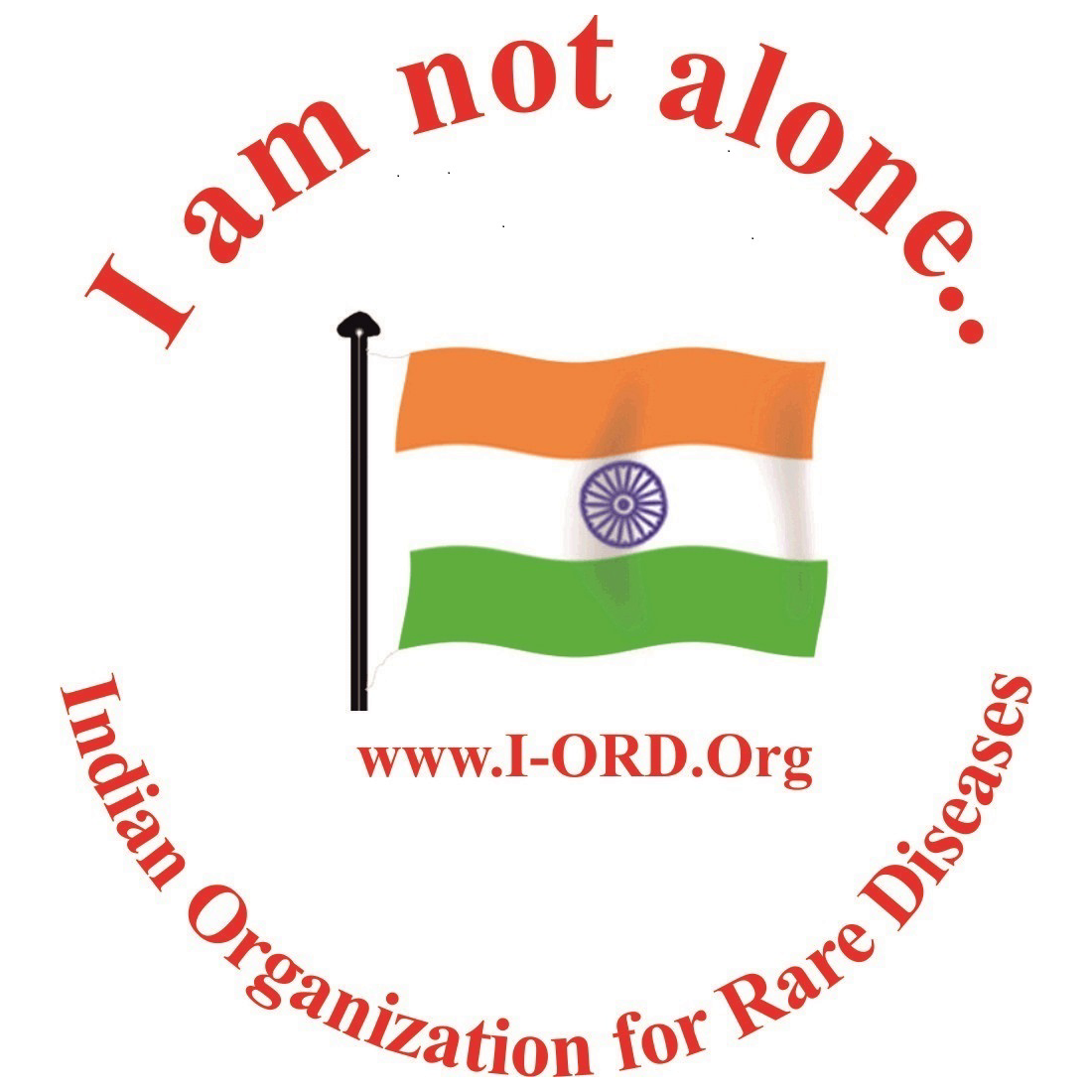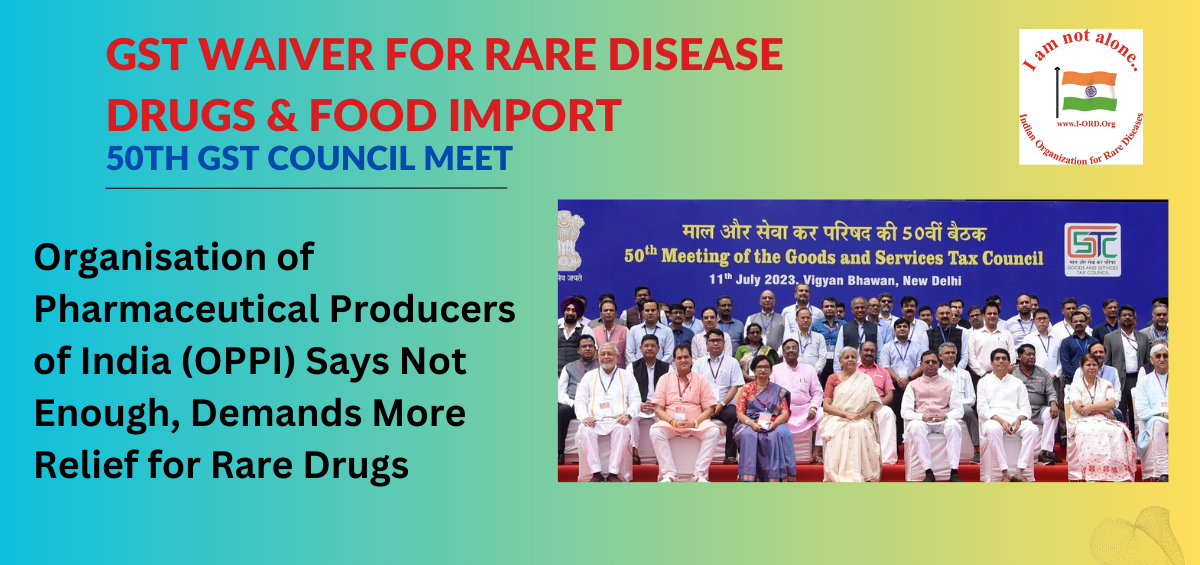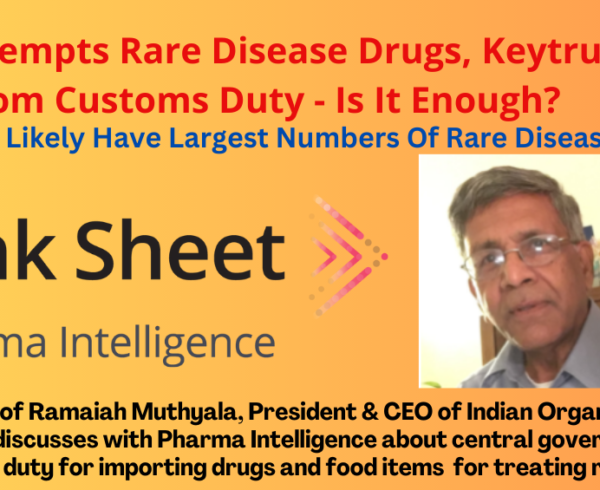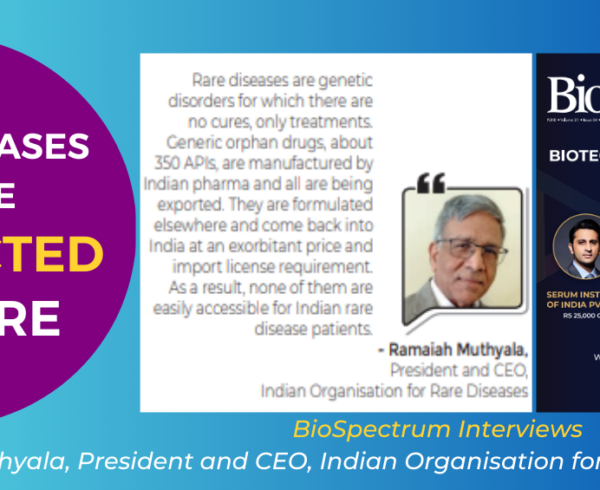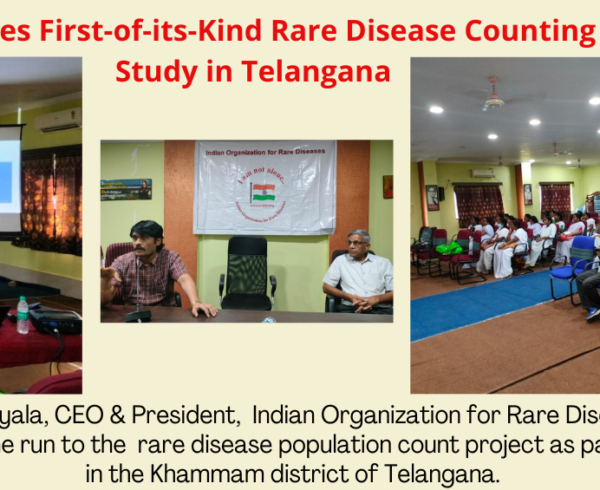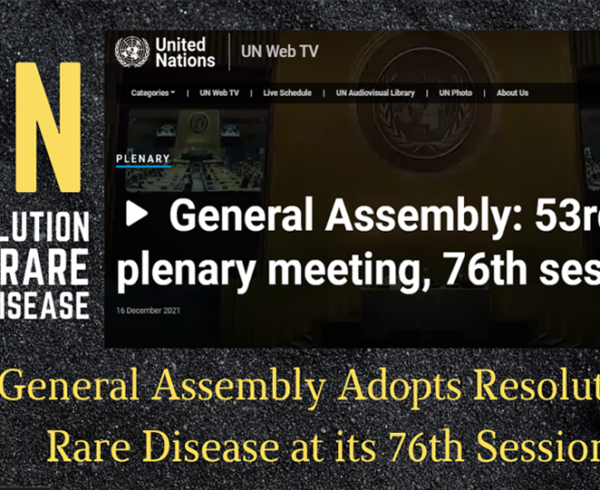The GST Council in its 50th meeting on exempted the Integrated Goods and Services Tax (IGST) on medicines and Food for Special Medical Purposes (FSMP) used for personal use & treatment of rare diseases enlisted under the National Policy for Rare Diseases, 2021. The meeting was chaired by Union Finance and Corporate Affairs Minister Smt Nirmala Sitharaman.
It may be recalled that the GST relief comes close to the central government granting full waiver from basic customs duty on all drugs and Food for Special Medical Purposes imported for personal use & treatment of all Rare Diseases listed under the National Policy for Rare Diseases 2021. This waiver was announced in March, 2023. It is significant to note that these reliefs & exemptions are the result of the collective efforts of advocacy groups like national advocacy Indian Organization for Rare Diseases (IORD), which continue to make representations on behalf of the rare disease stakeholders at regular intervals.
However, the pharma sector in India has expressed concerns over the limited benefits of the Goods and Services Tax (GST) Council’s decision to exempt tax on rare disease drugs. While the exemption applies to imported drugs used for treating rare diseases, the industry pointed out that it should also extend to drugs available commercially within the country.
They believe that the waiver would have a more significant impact if it covered all approved rare disease products in India, not just for personal imports. The CEO of Roche Pharma India emphasized the importance of launching innovative treatment options in India to avoid the complexities of importing drugs for patients. The exemption also applies to Food for Special Medical Purposes (FSMP) imported by Centres of Excellence for Rare Diseases or on their recommendation.
However, patients using locally available and approved products are not eligible for customs duty and GST waiver benefits. The industry believes that extending the exemption to all life-saving medicines, including cancer drugs, to reduce treatment costs for patients in India.
Presently, commercially imported and marketed drugs are subject to 10% customs duty and 12% GST. The industry insider suggests that waiving these charges would provide a 22% benefit to patients and improve access to expensive rare disease drugs.
“The COES cannot import such rare disease products/medicines/food and get the duty benefit for patients because if a product is registered and available in India, license at a patient level or at an institute level is not allowed,” he explained,” Simpson Emmanuel, MD and CEO Roche Pharma India, is quoted saying in a report published in Business Standard.
GST relief a welcome move but more needed: Nirav Shah
The GST Relief on Rare Disease Drugs Import & Food for Special Medical Purposes for Personal Use has come in for praise from the kin of rare disease family patients in India as it makes a huge saving.
Take for instance the case of Nirav Shah of Gujarat. His young daughter has been diagnosed with a rare genetic disorder called Nephropathic cystinosis that primarily affects the kidneys and eventually other organs like eyes, liver, muscles, and other tissues.
He has been regularly importing a lifesaving drug called Eyedrop Cystadrop from France costing 295 euro per bottle price that has to be transported in a temperature-controlled environment maintaining 2’C to 8’C temperature with great difficulty.
Even though he has been availing the custom duty exemption granted by the centre for personal use for treatment of rare disease conditions, his GST charges amounted to a whopping Rs.17600 per delivery.
“The GST Council announcement will now provide me some relief but we also want elimination of middlemen like custom agents while importing rare disease drugs outside India. Every time, I was separately paying 11500/- custom agent charges as one cannot directly place orders for importing drugs from these pharma companies. It requires a separate mechanism that is provided only to these custom agents. The custom clearance process to take delivery of the drugs is also very slow. The government needs to do more for us,” Mr Nirav Shah told Indian Organisation for Rare Diseases.
